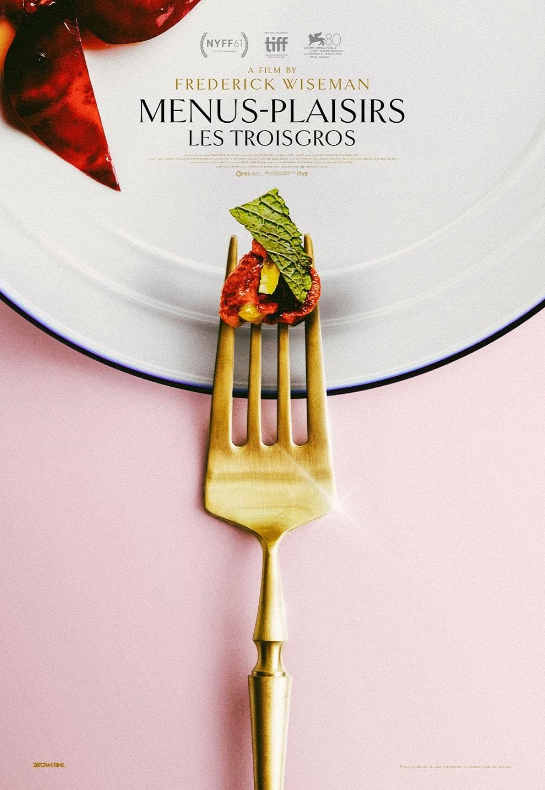Fat-free and “no sugar added” labels are an easy way to convince the average consumer that a product is healthy. But unfortunately, these products are often less healthy than they appear.
Sure, some of these snacks are healthy, but not all of them. A good rule of thumb is that if you can’t pronounce or count the amount of ingredients in a product on two hands, then it is smart to avoid that item or eat it only in small portions. The following is a list of popular foods on the market that, while having the connotation of being healthy and natural, are often far from it.
Energy bars
Energy bars are supposed to give you “energy,” right? Not always. People often eat these as a pre-workout or afternoon snack to hold them over or energize them before an exercise regimen. What many don’t know about these energy bars is that they are often filled with high fructose corn syrup, added sugar and saturated fat. Not to mention, these small bars can add up to a hefty 200-300 calories per serving. If you’re looking for a healthier pre-workout snack, try a banana. At only 100 calories, this fruit offers the vitamins and potassium you need to get your heart pumping for a good exercise routine.
Smoothies
In terms of health content, smoothies can go either way. While there are healthy smoothie recipes out there, they require you to prepare them at home, allowing you to control exactly what you put into them. Store-bought smoothies, on the other hand, can be problematic.
First and foremost, the serving sizes for a store-bought smoothie can add up to a whopping 600 calories per drink. What can possibly be wrong with a sweet mixture of fruit and a dash of sugar, you might wonder. The fruit-laden juice bases that companies use are often unnatural and full of sugar. On top of that, the additional ingredients include added sugars, ice cream and canned fruit, all of which are unhealthy. The best advice is to stay away from smoothies unless you blend one yourself.
Sports Drinks
The marketing of sports drinks like Gatorade and PowerAde gives the impression that if you chug one of these drinks before a workout session, you’ll be able to sprint like an Olympic athlete or dunk like Michael Jordan. While they do provide electrolytes that are helpful for intense workouts and endurance training, most consumers don’t train like pro-athletes or Olympians. These drinks are high in calories and sugar. It’s important to remember that water is always the best workout beverage available.
Dried Fruit
Any doctor would recommend consuming at least five servings of fruit and vegetables a day, but don’t be fooled – dried fruit does not constitute for a serving of fruit. Put in simple terms, dried fruit is shrunken by having its moisture removed. Fruit is naturally loaded with sugar, but when it is dried out, it is drained not only of its moisture, but also of the many vitamins and minerals it provides.
Diet Soda
Like energy bars, “diet” soda brings with it the connotation that since it is diet beverage, it must be better than regular soda. Don’t believe the hype: soda is still soda. People are drawn to buy diet soda because it often comes with a label like “no sugar added” or “zero calories.” What companies don’t tell you is that they often add carcinogenic artificial sweeteners to these drinks, which are often even worse than regular sugar.
Granola
Loaded with various oats, nuts and dried fruit, granola seems like a natural, healthy substitute for sugary cereals. However, granola is filled with carbohydrates and often made with high fructose corn syrup. This sweet treat contains barely any sufficient protein, fiber or vitamins, and it is high in calories, sugar and fat. Just one handful of the stuff contains an average of 400 calories. If you want a proper, body-friendly intake of fiber, try plain oatmeal cooked with water and top it off with your favorite fruit.
Vegetable Chips
“Vegetable” chips are not, in fact, vegetables, and do not count toward your daily recommended veggie intake. High in calories and fat, one might as well just indulge in the Lay’s chips next to them on the store shelf.

Pre-made salads
“I’ll just have a salad” is a common phrase at restaurants, as if “just a salad” is a healthy alternative to a cheeseburger. Unfortunately, a simple salad can add up to over a thousand calories. Salads are every dieter’s ideal go-to-meal, but like smoothies, can quickly add up in calories if not prepared correctly.
Salads provide an excellent, hefty intake of vegetables, but being drained in dressing and topped with fattening cheeses and croutons can turn a salad into a dieter’s worst nightmare.
If you want to make it healthy, ask for your dressing on the side and skip the cheese and other questionable toppings.
When making your own salad, it is best use lots of different veggies, ditch the creamy dressing and stick with a small amount of olive oil and balsamic vinaigrette.
Beth Cormack can be reached at [email protected].












